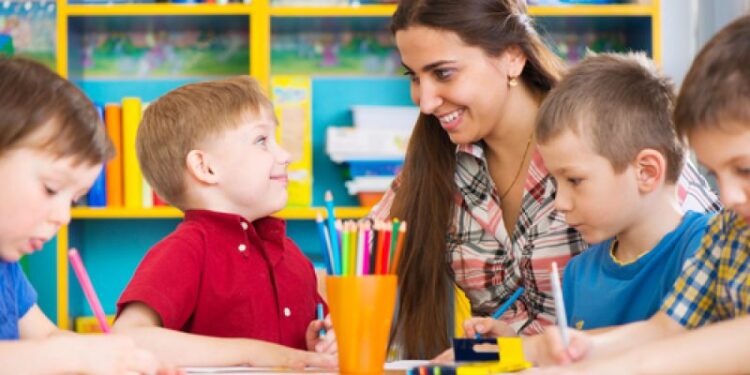We see that when we are setting up any lesson that deals with potentially sensitive subjects, it’s essential to begin by creating a safe, as well as secure learning environment for all. We know that this will help children feel confident to share their ideas as well as values and attitudes without fear of negative feedback from their peers as well. We see that a safe learning environment with clear boundaries also helps teachers to manage discussions on sensitive issues with greater confidence at the same time. CBSE Training Portal to come with guidance on the safe learning environment for Online education. We see that they can work with pupils to establish ground rules about how they will behave towards each other in discussion, rather than imposing rules on them as well. We know that this will help people to create rules to be more meaningful as well as relevant. They must ensure that ground rules, as well as class agreements, reflect the school’s wider policies and practice about managing sensitive issues as well. We know they provide opportunities for children to ask questions anonymously, by using a Question Box or ‘Ask it Basket’, for example as well. We know that this enables children to ask questions that concern them without having to do so in front of their peers as well. We know that they offer opportunities for pupils to discuss issues in small groups as well as share views with the class; this as we see can help some children to feel more confident as well. We see that it provides balanced information including a variety of views to help pupils clarify their own opinions as well whilst being clear of things that behaviors such as any sort of discrimination as well as bullying are never acceptable in any form as well. We know that they can be aware of and sensitive to the needs and experiences of individual children that may have direct experience of some of the issues being discussed at the same time. They must make sure that they provide information to children about how they can get help as well as support both in school and outside, as appropriate. They must always work within the school’s policies on safeguarding as well as confidentiality, in particular making it clear to children their school policies on disclosure of confidential information and following up concerns in a more appropriate setting outside lessons at the same time. We see that it can depersonalize discussions by using distancing techniques as well such as stories, role-play, scenarios of real situations but with fictional characters and storylines, etc at the same time. We know that although ground rules are most meaningful as well as effective when developed as a class, there are basic elements that should be encouraged, including as they must listen to and respect each other. They must use language that won’t offend or upset other people. They must use the correct terms, and if we don’t know them, we’ll ask for help as well. They must comment on what was said, not the person who said it. They must make sure that they don’t share our own, or our friends’, personal experiences as well. They must also not put anyone on the spot or ask personal questions. They must remember that they have the right to pass. They must make sure they don’t judge or make assumptions about anyone as well. We know that the fact that humans are largely influenced by as well as conform to peer norms underpins social norms theory and practice as well. We know that humans feel safer and more emotionally comfortable when they conform, which explains the success of the fashion-led industries, as that is not limited to clothes but food, cars, furniture, in fact almost all aspects of life at the same time. We know that therefore when the perception of ‘usual’ or ‘normal’ behavior such as an exaggerated view of the normal amount of risk-taking behavior as well as the prevalent or majority view we become more inclined to adopt that behavior even when we know that it is contrary to an actual consumption because this is less well known.
What is the need to create a safe learning environment for all people?
Nebojsa Vujinovic
Hi, my name is Nebojša, and I've been involved in digital marketing for over 15 years. I've written for various websites, covering a wide range of topics. I'm particularly interested in subjects like technology, gaming, app development, and I also have a passion for automobiles. Additionally, I work on SEO optimization. In my free time, I enjoy reading, walking, traveling and spending time with my wife and daughter.
Recommended
Contact us
off@prodegnews.com
Categories
Copyright © 2024 The Prodegnews. All Rights Reserved








